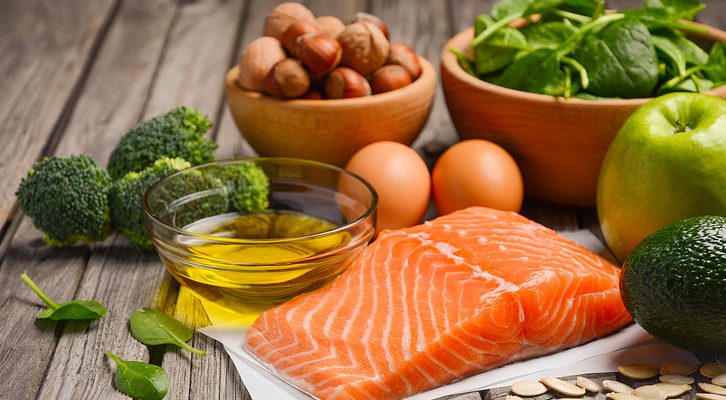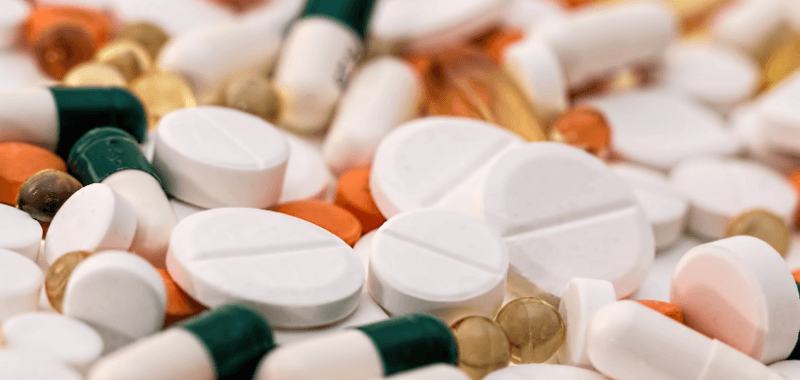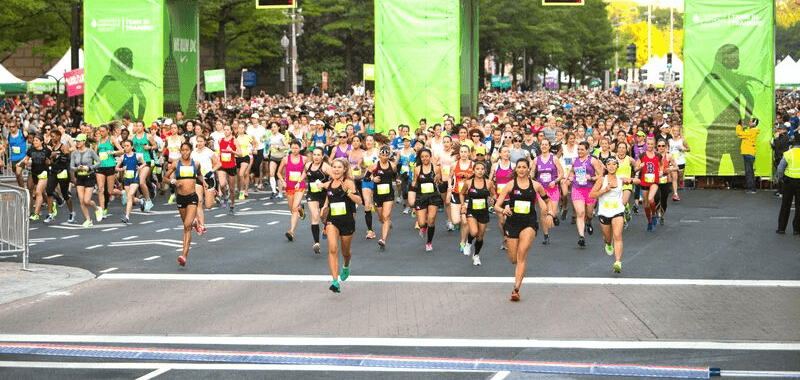Tabla de contenido
Many athletes, professional or amateur, often comment on their experience with the use of various drugs or supplements for sports that are popularized as ergogenic aids to improve sports performance, the most popular being vitamins and within these, the B complex (thiamine, riboflavin, etc.) but are vitamins essential for improved sports performance?
Looking for the answer
The answer is not yet definitive. Vitamins are substances that support cellular processes necessary for life. The B complex, for example, engages in several reactions related to energy production, protein synthesis, nervous system development, red blood cell creation, and iron acquisition.
It should be noted that, with few exceptions, they are not stored in the body, and therefore, excess vitamins are excreted in the urine because they are water-soluble.
In this sense, we could assume that we should supplement athletes with large amounts of B-complex vitamins by needing more energy, sweating too much, or requiring continuous muscle building (protein) due to intense exercise.
However, the current recommendations of several leading sports organizations do not support this position because, to date, there is no major benefit with B complex supplementation in athletes who have a rich and balanced diet, and increases in sports performance are only observed in those individuals who have previously shown a verifiable deficit of B complex vitamins.
However, for athletes subjected to a maximum or strenuous effort (e.g., a marathon runner), supplementation with B-complex vitamins would be an alternative if their intake during such effort is merely caloric.

What is the function of vitamin B and its importance for the athlete?
If you are interested in knowing more details about vitamins, below you will find the general functions of some B vitamins and the sources for obtaining them:
- Vitamin B-1 (Thiamine) participates in the metabolism of carbohydrates and the transmission of electrical impulses and is found in fish, pork, offal, beans, wheat germ, etc.
- Vitamin B-2, also known as Vitamin G (Riboflavin), is involved in cellular respiration as a fundamental component of the FAD cofactor. Its role is, therefore, vital for any process of obtaining energy. It helps maintain healthy corneas and mucous membranes. Sources: meats and dairy products, cereals, yeasts, and green vegetables.
- Vitamin B-3, also known as Vitamin P or Vitamin PP (Niacin), participates in various forms in the oxidation and reduction reactions necessary for obtaining energy from carbohydrates, proteins, or fats. It also engages in synthesizing (creation) sex hormones, for example. It is mainly found in yeast, liver, poultry, lean meat, dried fruit, and legumes.
- Vitamin B-12 (Cyanocobalamin) The functions of vitamin B12 are related to the synthesis of methionine and thymidine in DNA duplication and the synthesis of acetyl CoA for CNS myelination. It is found in some algae (spirulina is unsuitable because it has an inactive form of the vitamin), eggs, and milk. Its deficiency causes megaloblastic anemia and alterations in DNA synthesis.
- Vitamin B-5, also known as (Pantothenic Acid) participates in the formation of Coenzyme A, which helps transport carbons in the cell, indispensable in cellular respiration and, therefore, in obtaining energy. It is obtained in high quantities in whole grain cereals, legumes, brewer’s yeast, royal jelly, eggs, and meat.
- Vitamin B-6 (Pyridoxine) helps transport amino groups of amino acids. The latter are the molecules that build proteins. They participate in the formation of myelin, the storage of iron, and the formation of erythrocytes. It is found in wheat germ, meat, vegetables, and foods rich in refined sugars.
- Vitamin B-9, also known as Vitamin M (Folic Acid), helps synthesize purines essential in the formation of DNA and RNA. Its deficiency can generate megaloblastic anemia and affect the cellular replication of nerve cells. Legumes (chickpeas, lentils, etc.) and green leafy vegetables such as spinach, endive, peas, dried beans, fortified cereals, nuts, and sunflower seeds are rich sources of folic acid.
Looking for a plan that trains with you, not against you?
At running.COACH, we don’t just build a schedule. We create a smart, living plan that evolves with you. It understands your level, your race goals and your real life. Whether you sync your GPS watch or train straight from our iOS or Android app, your plan adjusts automatically as you improve.
From day one, you’ll feel the difference:
- A fully personalized, dynamic plan designed for you.
- Automatic sync and effortless workout tracking.
- Real-time updates when life happens, including missed sessions, new races or schedule changes.
- Simple, science-backed guidance to train smarter and recover faster.
🎁 Start today and enjoy your first 30 days free.
Because the best training plan isn’t one you follow. It’s one that follows you.app.











0 Comments